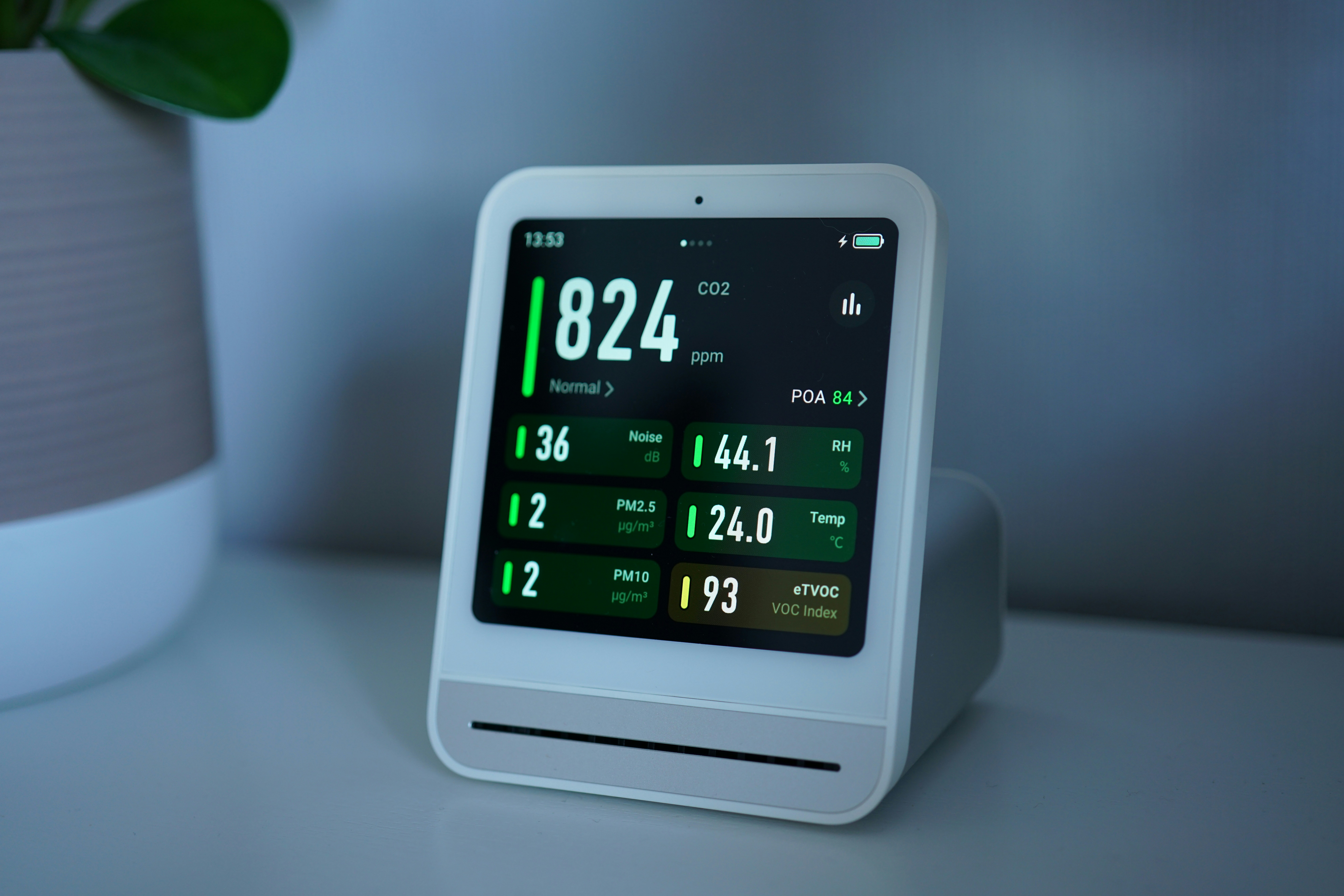
Embrace A Greener Kitchen With Energy Saving Smart Appliances
Modern kitchens now feature appliances that adapt to your daily habits and help conserve resources. Smart ovens, refrigerators, and dishwashers connect to the internet, track energy consumption, and fine-tune their operation based on your routine. By selecting energy-efficient models from brands like *Samsung* or *LG*, you can lower your utility bills and reduce your household’s environmental impact. These innovations offer convenience and style while quietly working in the background to save energy and support a more sustainable lifestyle. Upgrading to these new appliances means enjoying a kitchen that works intelligently with you every day.
Beyond gadget appeal, these intelligent appliances offer real perks. A family in Portland swapped a conventional refrigerator for a model that dims its interior light when the door stays open too long. They saw a noticeable dip in electricity use and delighted guests with the custom lighting shades they programmed for dinner parties. Little examples like this demonstrate how smart kitchen tools bring eco-friendly habits into everyday life.
Advantages of Energy-Saving Smart Appliances
- Real-Time Energy Monitoring: Track power usage through a smartphone app and spot spikes instantly. This feedback encourages simple behavior shifts, such as closing the fridge door more quickly.
- Adaptive Cooking Schedules: Some smart ovens preheat at off-peak hours when rates are lower. A baker in Atlanta started preheating overnight and observed a 15% electricity savings each month.
- Remote Control and Scheduling: Set appliances to run during quieter parts of the day. For example, start the dishwasher an hour before bedtime and wake up to clean dishes without extra energy costs.
- Software Updates and Diagnostics: Receive alerts when filters need changing or system checks are due. Preventative maintenance extends appliance life and helps avoid energy-guzzling malfunctions.
These benefits combine technology with eco-friendly practices. Instead of guessing whether the oven is off, you gain certainty. Instead of letting peak-rate periods inflate your bill, you plan around them. The result: a greener footprint and a happier wallet.
Features to Consider
- Energy Star Certification: Prioritize models labeled with this standard. They perform at top efficiency levels, saving an average of 10–25% more electricity than standard appliances.
- Smart Scheduling: Look for apps that let you program start and stop times. Flexibility to shift cycles to low-rate hours drives down costs.
- Voice Assistant Integration: Choose appliances compatible with voice assistants. Adjust settings hands-free and stay focused on meal prep.
- Self-Learning Modes: Seek out technologies that adapt to usage patterns. A self-learning fridge may reduce compressor work during low-demand periods.
- Detailed Consumption Reports: Opt for systems that send weekly or monthly summaries. The data helps you spot trends, like an aging dishwasher using more water over time.
Assess each feature against your daily habits to make wise investments. Avoid devices that promise fancy extras you’ll never use, and select those that fit your routine.
Connecting Smart Appliances to Your Kitchen
Start by mapping out your current setup. Identify which appliances consume the most energy and rank them by impact. If your oven runs daily for baking tasks, that may top the list. Then, find a smart model that fits your space and cooking style.
Work with a certified technician to ensure smooth installation. They’ll verify voltage requirements and network compatibility, preventing surprises later. Once devices connect, spend a weekend exploring features: schedule cycles, tweak temperature settings, and experiment with remote controls.
Combine new and existing tools thoughtfully. You might upgrade one high-impact item first so you see savings quickly. Then gradually replace smaller appliances, like coffee makers or toasters, once you feel comfortable with smart technology.
Create a home network that supports multiple appliances. Invest in a reliable router or mesh system to guarantee steady Wi-Fi signals in your kitchen. Keep notes during your first week of usage to diagnose any issues early on.
Budgeting and Long-Term Savings
Smart appliances sometimes cost more upfront. To balance that, look for rebates offered by local utilities. In many regions, rebates on certified refrigerators and dishwashers can reduce installation costs by 10–30%.
Calculate how long it takes to recoup your investment by dividing price differences by estimated annual savings. If an energy-saving oven costs $200 extra but saves $50 per year, you’ll recover the cost in four years. After that, every saved dollar directly benefits your budget.
Don’t forget to consider maintenance perks. Automated diagnostics reduce the risk of breakdowns, which can lower repair bills. Many manufacturers offer extended warranties at discounted rates for smart models, protecting your investment longer.
Plan for future upgrades. As new features become available through software updates, your appliances stay current. This ongoing development means you won’t need to replace hardware as often, stretching every dollar you spend today.
Practical Tips for an Eco-Friendly Kitchen
- Group Cooking Tasks: Bake multiple dishes together to use oven heat efficiently. You’ll cut down on repeated warm-ups and reduce overall utility consumption.
- Use Eco Modes: Many dishwashers and washing machines include “Eco” settings that lower water temperature and adjust cycle lengths. Combine this with smart scheduling to run during off-peak hours.
- Seal and Insulate: Regularly inspect door seals on fridges and ovens. A tight seal keeps cold or hot air locked inside, reducing compressor and heating element work.
- Monitor Standby Power: Some gadgets draw phantom power when idle. Use smart plugs that measure standby consumption and automatically cut power after a set period.
These small steps add up. Just as a single smart bulb saves energy at home, each tip here contributes to a smoother, greener kitchen. Changing habits turns technology into a strong ally for sustainability.
Explore local rebate programs and schedule a consultation with a certified installer. Using smart, energy-efficient appliances like *Samsung* and *LG* transforms daily routines and benefits the environment.